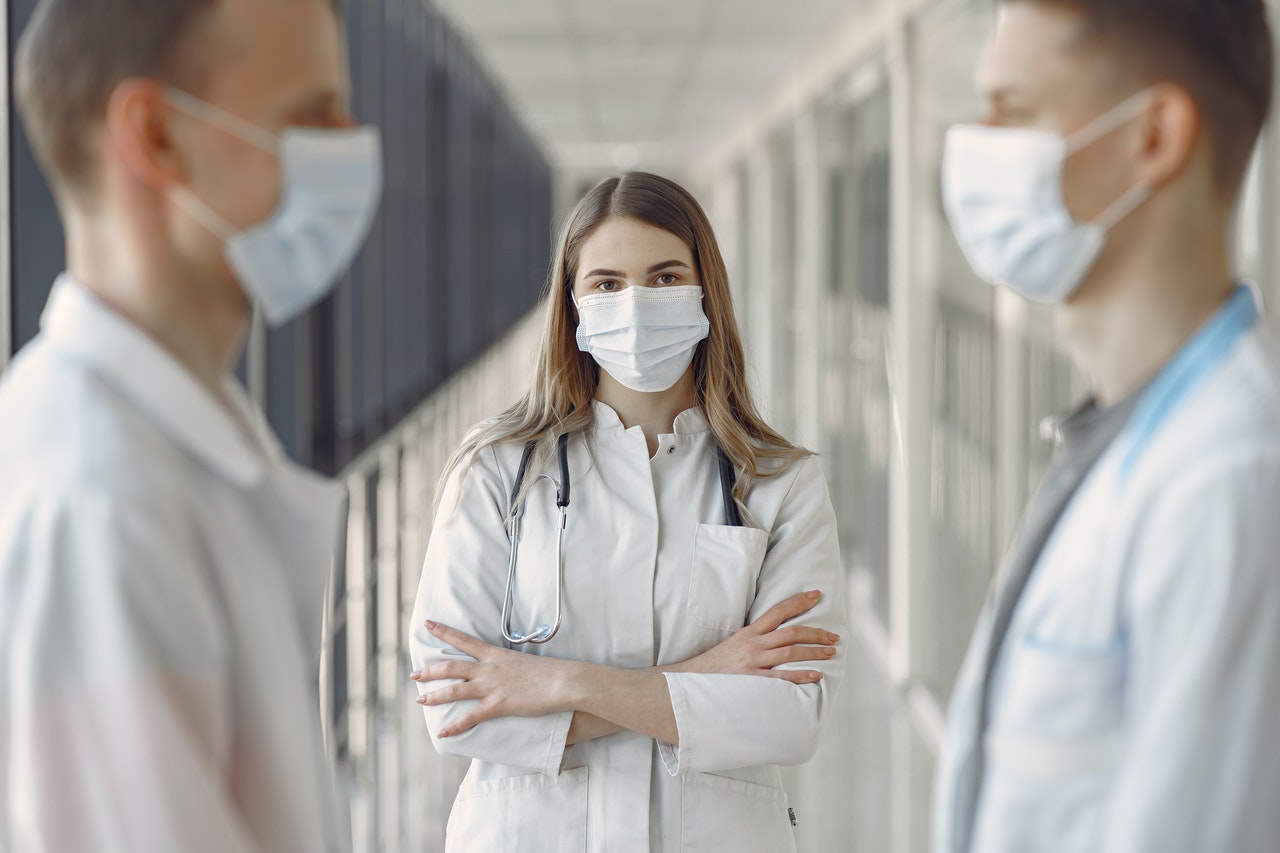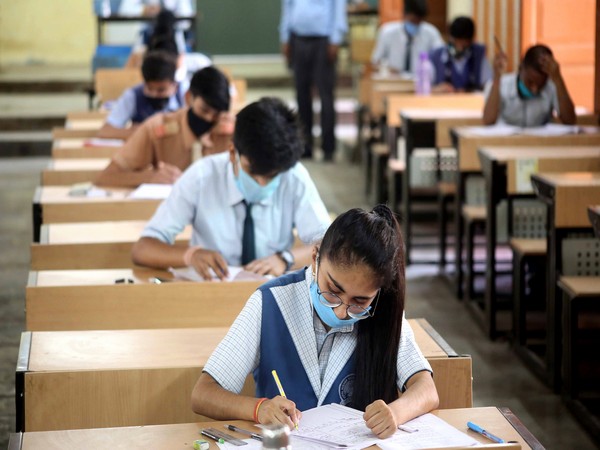COVID-19 Workplace Requirements
COVID-19 Workplace Requirements
Covid -19 disease spreads quickly in the workplace through the respiratory system and can be easily contracted by personnel with direct contact with contaminated equipment or surfaces. As such, it is the responsibility of employers to comply with COVID-19 workplace requirements, which require that employers develop and implement an effective program for controlling infectious diseases in the workplace. Dr. Jordan Sudberg explains, “The transmission of infectious diseases in the workplace poses a serious threat to infected staff and coworkers. Therefore, an effective infectious disease control program must be done
The COVID-19 Workplace Requirements include:
1. Train all employees regarding the need for safe work practices and infectious disease control in the workplace, as well as methods for reporting the onset of illness, exposure to infectious disease, and needlestick injuries that might threaten other workers in the facility.this facilitates rapid identification, reporting, and treatment of patients.Employers who serve as third-party vendors or contractors must provide infection control training to all employees who have direct contact with patients or the medical environment. all employees be informed of the employer’s responsibilities for controlling infectious disease in the workplace.
2. Provide adequate personal protective equipment (PPE) for all employees in high-risk occupations and provide the PPE to employees upon request. This should include a combination of gloves for handling infectious agents, face shields for splatter protection and goggles for eye protection.
2. Provide an Educational Program for the evaluation, treatment, and follow-up of infectious diseases in the workplace. This includes creating a policy allowing infected employees to remain at work. At the same time, they are being evaluated and treated by their healthcare provider and ensuring that they are not exposed to other workers in the facility. This involves changing the workplace to eliminate potential exposure to infectious diseases, such as removing low-risk activities, cleaning and disinfecting equipment where possible, and using an air-filtered respirator when appropriate. According to Dr. Jordan Sudberg, “Infectious disease control in the workplace must be comprehensive and involve not only infection control professionals, but personnel from across the organization.”
3. Provide an Infection Control Program for personal protective equipment (PPE) in the workplace. PPE is used to protect workers from infectious diseases. According to Jordan Sudberg, “Whether a worker is operating machines or doing tasks near them, they need to be a workplace based on respiratory hygiene, biosafety, and the potential of biological agents.
4. Ensure the maintenance of a program that routinely tests wastewater by-products and air filtration systems to ensure they effectively remove infectious agents before they are released into the environment through either human or animal contact. This ensures that employees working with hazardous waste materials are not exposed to contagious agents.
5. Develop a program to ensure that infectious material is handled safely and isolated from potential workplace exposure, including providing that the laboratory environment is designed to minimize airborne contamination and biological hazard levels. This also includes access to specialized handling techniques and techniques for safely disposal of infectious waste.
These covid 19 work requirements provide employers with guidelines to help them protect the health and safety of their employees by ensuring that infectious disease control programs are established and maintained in their facilities.





